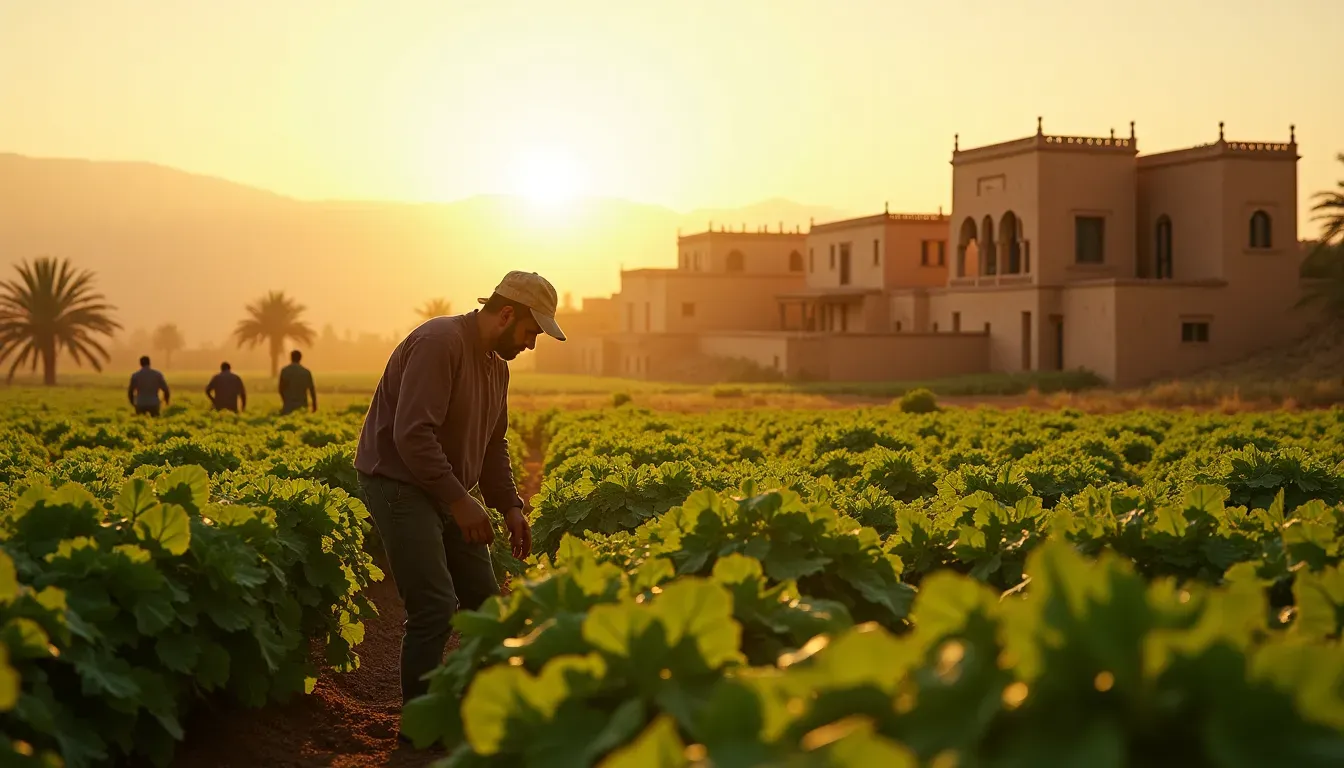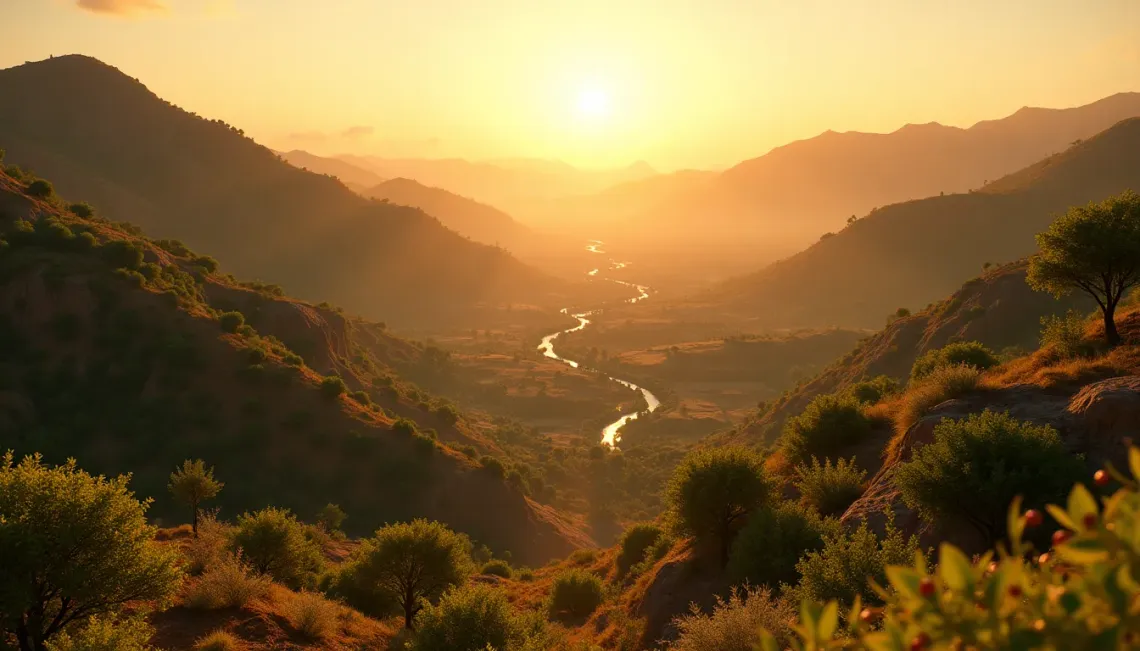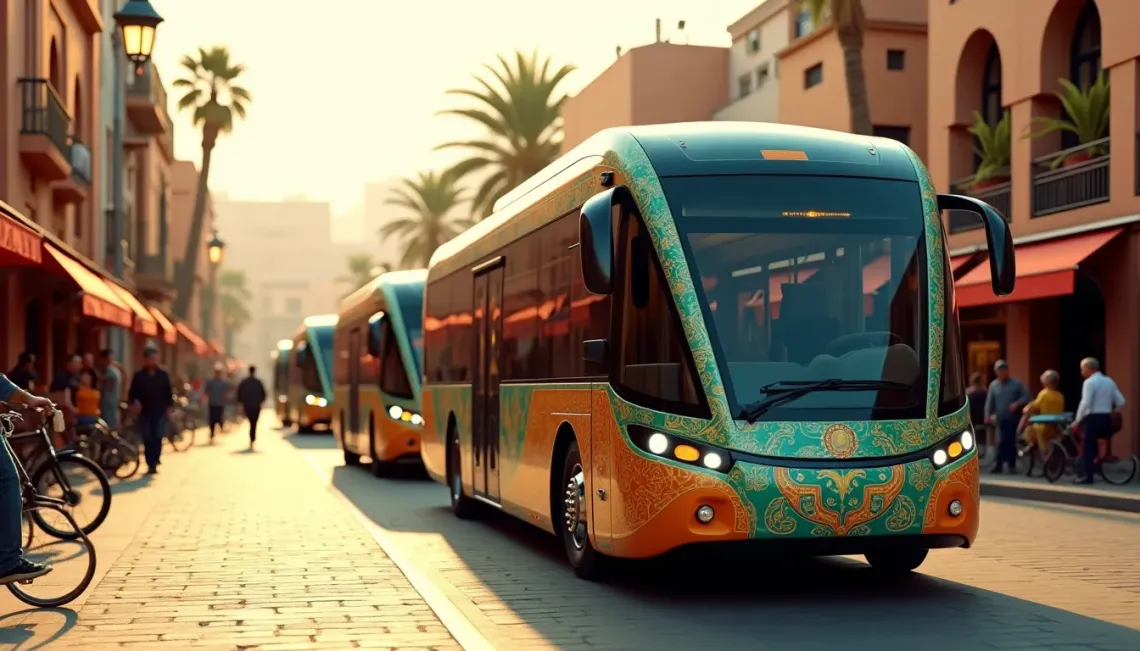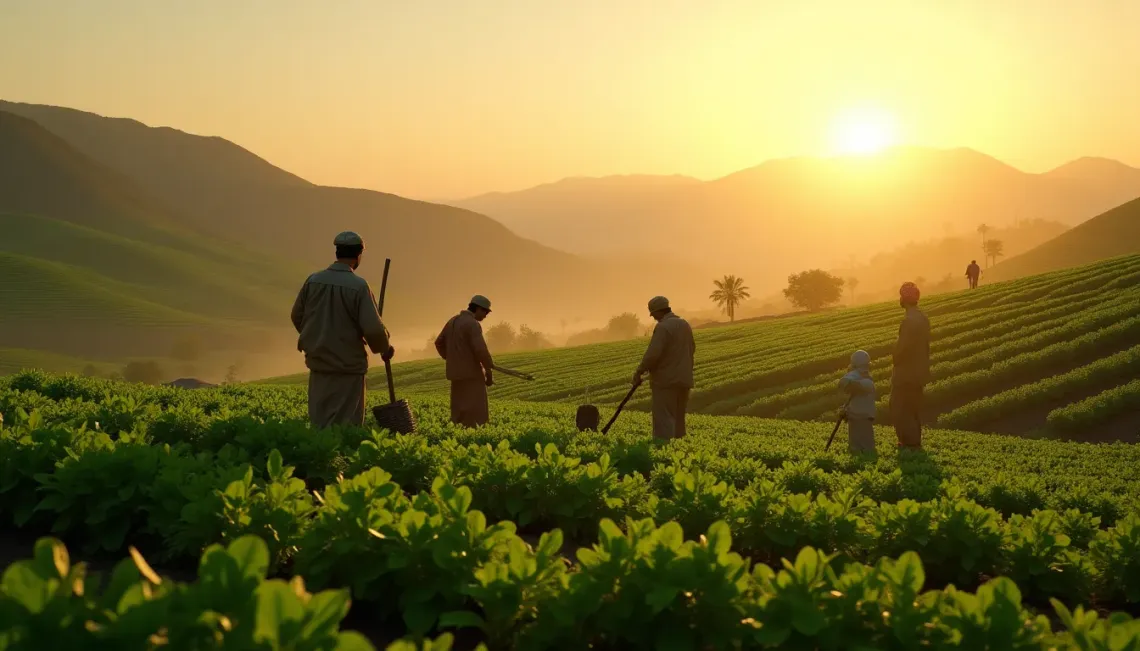The potential of Permaculture in Morocco presents a promising path for sustainable agriculture and innovative farming techniques. As environmental challenges intensify, Morocco is pioneering environmental conservation through organic farming practices and inventive approaches to land management. This article delves into the transformative landscape of permaculture in this North African nation, highlighting its implications for a greener future.
Understanding Permaculture in Morocco
Permaculture is not just a technique but a philosophy that emphasizes harmony between humans and nature. In Morocco, adopting permaculture principles is crucial for promoting sustainable agriculture, considering the country's arid climate and water scarcity. Permaculture integrates traditional Moroccan agricultural wisdom with modern innovative farming techniques, ensuring productivity while safeguarding natural resources.
Key Aspects of Sustainable Agriculture in Morocco
- Water Management: Efficient water use is vital. Morocco employs ancient water harvesting techniques like khettaras alongside modern drip irrigation systems.
- Soil Health: Incorporating organic matter, crop rotation, and cover crops enriches the soil, enhancing fertility naturally.
- Agroforestry: Mixing trees with crops not only provides shade and windbreaks but also supports biodiversity and improves the ecosystem.
Innovative Farming Techniques Enhancing Permaculture
Morocco has introduced several innovative farming techniques to boost permaculture's effectiveness:
- Vertical Gardens: Urban areas benefit from vertical farming that maximizes space and conserves water.
- Polyculture: Growing multiple crop species together reduces pest infestations and improves resilience.
- Bio-intensive Gardening: This practice involves planting crops densely, boosting yields while preserving resources.
Environmental Conservation Through Organic Farming Practices
Organic farming practices play a critical role in advancing environmental conservation in Morocco. By eliminating chemical pesticides and fertilizers, these methods enhance soil health and protect local flora and fauna. The increase in organic farms across Morocco signifies a shift towards a more eco-friendly agricultural model.
The Impact of Permaculture on Morocco's Food Security
Permaculture's influence extends beyond environmental health. It strengthens food security by enhancing crop diversity and stability, providing communities access to nutritious produce. This resilience is crucial as climate change presents unpredictable challenges.
Conclusion: A Greener Future with Permaculture in Morocco
The future of Permaculture in Morocco looks promising as it fosters sustainable agriculture and promotes environmental conservation. By implementing innovative farming techniques and organic practices, Morocco is setting a precedent for the region. Ultimately, adopting these practices will significantly contribute to a healthier planet and improve the livelihoods of local farmers.




